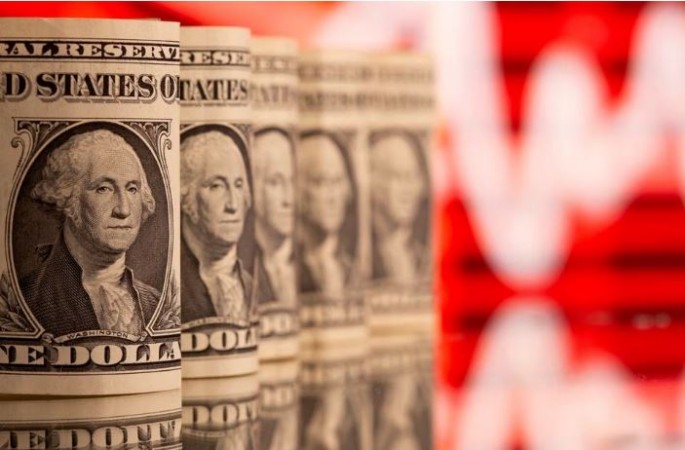
The US dollar headed for its longest losing streak in 30 months on Thursday, March 24 after the Federal Reserve sounded close to calling time on interest rate hikes, while the Swiss franc edged higher after the central bank pushed ahead with another hike.
In contrast, the Swiss currency crept higher as the central bank continued with another hike.
The Fed increased its benchmark funds rate by 25 basis points as anticipated, but instead of stating that "ongoing increases" are required, it stated that "some additional" hikes may be necessary as it monitors how the economy is affected by banks' shaky trust. In contrast to Europe, where markets anticipate an additional 50 basis points of tightening, futures indicate a roughly 50% possibility of one more quarter-point increase.
The gap has driven the euro to a seven-week high of $1.0930 and upward movement for six consecutive sessions. According to Brian Daingerfield, head of G10 FX strategy at NatWest Markets, the Fed's change in stance makes it less likely that the markets would begin to fear that rising rates will result from positive economic data.
This "argues for additional dollar depreciation from a foreign exchange standpoint, as the ceiling for the Fed cycle has obviously gone down." said Brian Daingerfield. The dollar index, which compares the value of the dollar to six important rival currencies, is currently down 0.2%, on pace to see its sixth consecutive day of declines, the longest such run since September 2021.
The Swiss National Bank increased its policy rate by 50 basis points while reiterating its willingness to participate in the foreign currency market as it sought to strike a balance between combating inflation and worries about the state of the financial markets. The SNB added that actions taken in response to Credit Suisse that were announced by authorities over the weekend had "put a stop to the situation."
Following the verdict, the franc gained and last traded at 0.9155 against the dollar, up 0.2%. According to Kirstine Kundby-Nielsen, FX analyst at Danske Bank, "We're seeing a stronger franc, not only because of the boost, but also because they basically declared they put a stop to the turmoil in the banking sector."
With news of a shocking increase in British inflation on Wednesday, which brought it to 10.4% and put pressure on the Bank of England to hike rates and sound hawkish at its meeting later that day, sterling likewise remained close to a seven-week high. Markets have already factored in the BoE's 25-bp increase.
After the Norges Bank increased its interest rate by 25 basis points to 3% and indicated that an increase in May was anticipated, the Norwegian crown gained value relative to the euro and the dollar. The Australian dollar increased 0.6%, while the New Zealand dollar increased 0.9%. After hitting a six-week low of 130.41 earlier in the day, the dollar/yen, which closely tracks U.S. rates, dropped 0.3%.
U.S. Treasury two-year rates decreased by 2 basis points (bps), continuing a Wednesday decline of roughly 20 bps. Following a run on Silicon Valley Bank two weeks ago and the abrupt demise of Credit Suisse, financial markets have been shaken by waning confidence in banks worldwide.
The main focus of attention on the banking front is currently on regional institutions in the United States, where concern over a contagion run on deposits is still high. Smaller lenders said they found some solace in comments made by U.S. Treasury Secretary Janet Yellen that deposit insurance would be taken into consideration if there was a risk of contagion, as reported by Fed Chair Jerome Powell. Deposit flows have stabilised over the past week, said Jerome Powell.
Credit Suisse deal halted crisis, says Swiss National Bank
Markets: India's FOREX halt four-weeks losing streak, rises to USD 562.40 bn